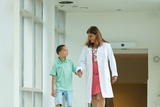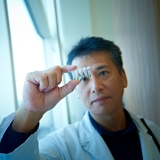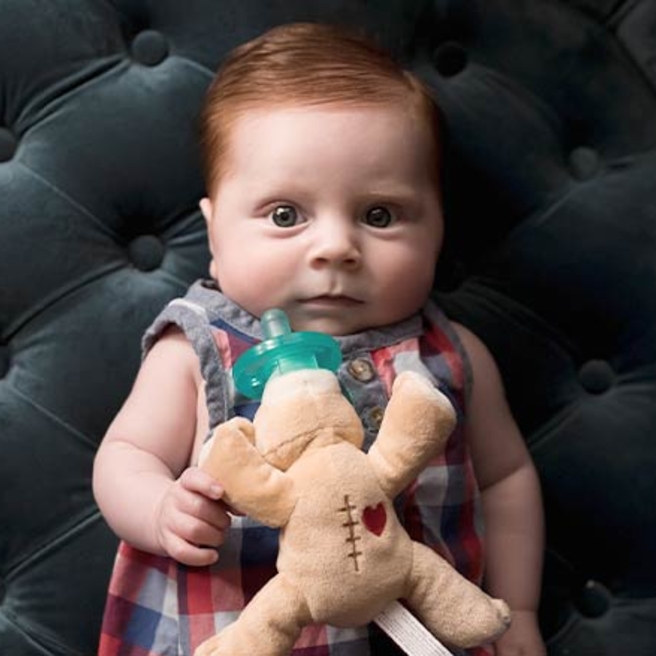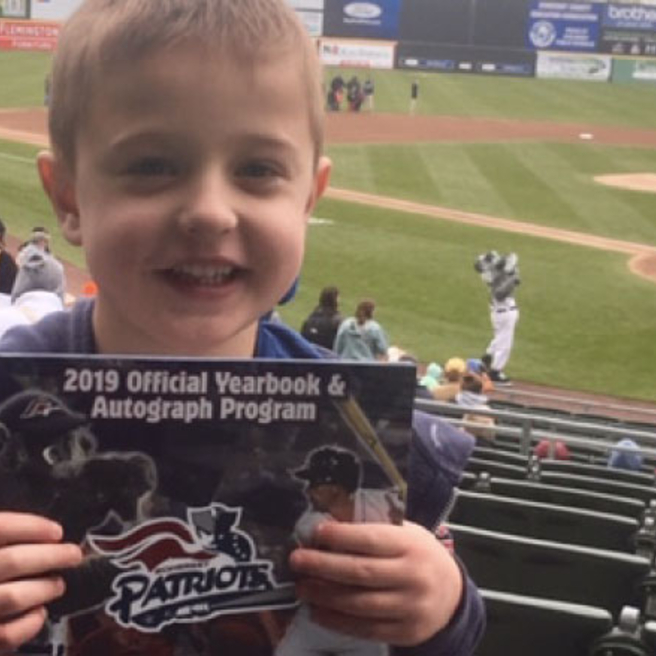Cardiac Kids Developmental Follow-up Program

Children with congenital heart disease severe enough to need surgery in the first few months of life (complex CHD) may face neurodevelopmental issues, such as problems with behavior, social skills, feeding, motor skills, academics and language development. Finding and addressing these problems early, gives your child the best chance of reaching their fullest potential.
Our team of pediatric specialists provides screening, evaluation and treatment for children at risk of developmental issues after cardiac surgery. We partner with your pediatrician to care for your child’s neurological health. We’ll also help find community resources to support your family.
As a world leader in pediatric cardiac care, we are committed to the ongoing research, community education and government advocacy to improve long-term outcomes for children with CHD.

Meet your team
Every person on your child's team has the same goal: to give your child the best possible care. We provide medical care, emotional counseling and much more. We make sure your entire family gets the support you need.

Cardiac Center research
We are committed to ongoing research that will improve the health and well-being of your child, and all children with heart disease.

Cardiac Kids Developmental Follow-up Program resources
We have created resources to help you find answers to your questions and feel confident with the care you are providing your child.
Your donation changes lives
Every donation helps us make lifesaving breakthroughs for children everywhere.


